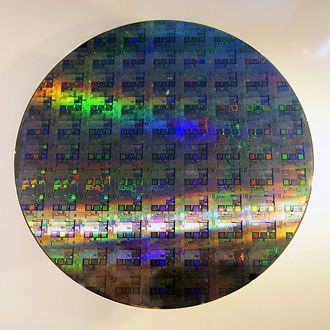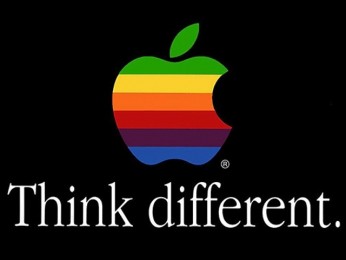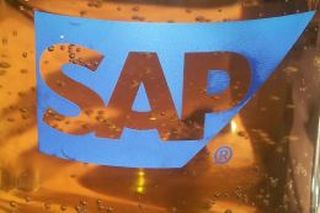 Almost a quarter of video ads and 11 percent of display ads are viewed by fake consumers created by cybercrime networks to steal the billions of dollars spent on digital advertising.
Almost a quarter of video ads and 11 percent of display ads are viewed by fake consumers created by cybercrime networks to steal the billions of dollars spent on digital advertising.
A study, by digital security firm White Ops and the Association of National Advertisers, is one of the most comprehensive looks to date at the persistent criminal activity involving online advertising. It looks at the problem of “bots” or automated entities that mimic the behaviour of humans by clicking on ads and watching videos.
The bots siphon money away from brands by setting up fake websites or delivering fake audiences to websites that make use of third-party traffic. Advertisers will lose $6.3 billion to bots next year, the report said.
Bob Liodice, the president and chief executive of the ANA, an organization that represents thousands of brands said that it had been suspected there was fraud in the industry, but it was not known how much was being taken or the reasons it was happening.
White Ops monitored 181 online advertising campaigns by the brands from August to October to determine fraud activity.
Bot fraud has long been part of the ecosystem of low-price ads that cost a few dollars or less. This study revealed, however, that many premium websites and publishers, which charge roughly 10 times more for an ad, are just as vulnerable.
In one instance, 98 percent of video ads at a premium lifestyle site were viewed by bots. The bots are extremely effective of looking like a high value consumer.”
Liodice said the report will help the industry develop an action plan to combat fraud.



















